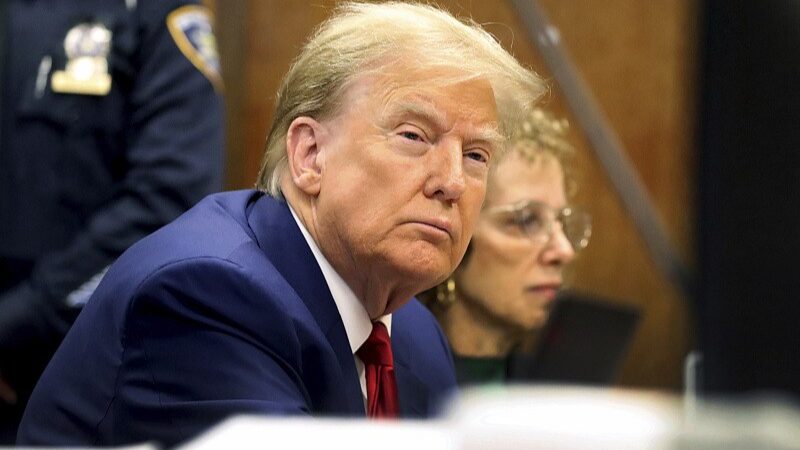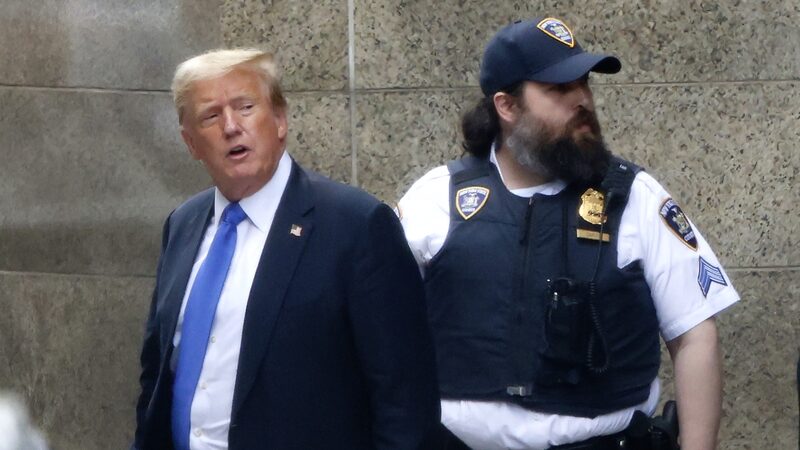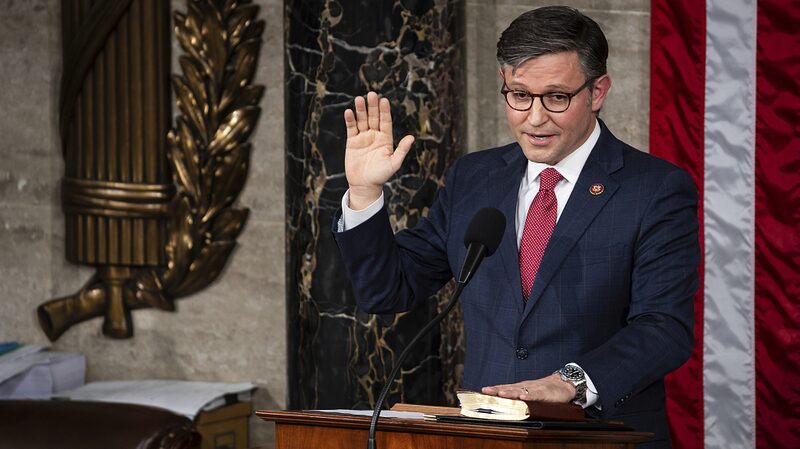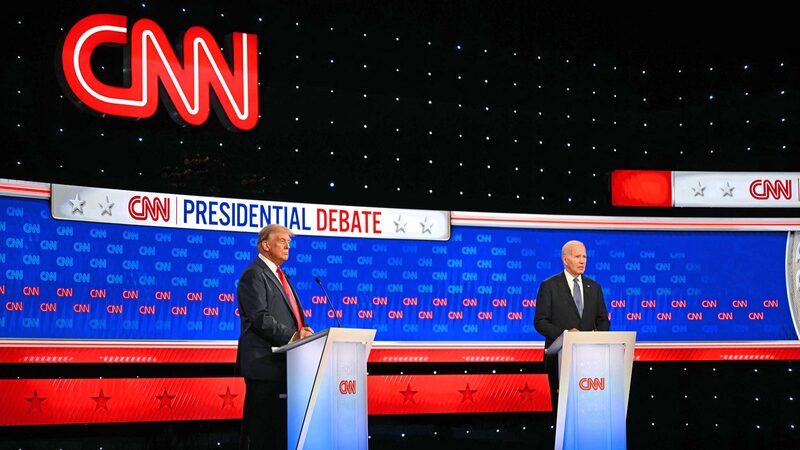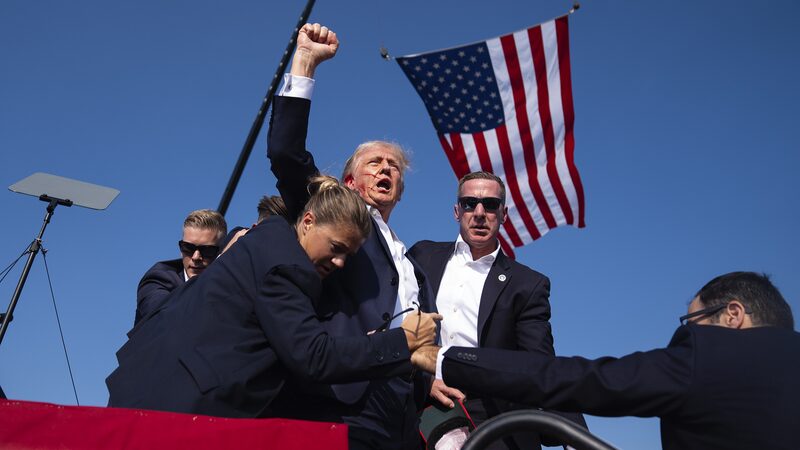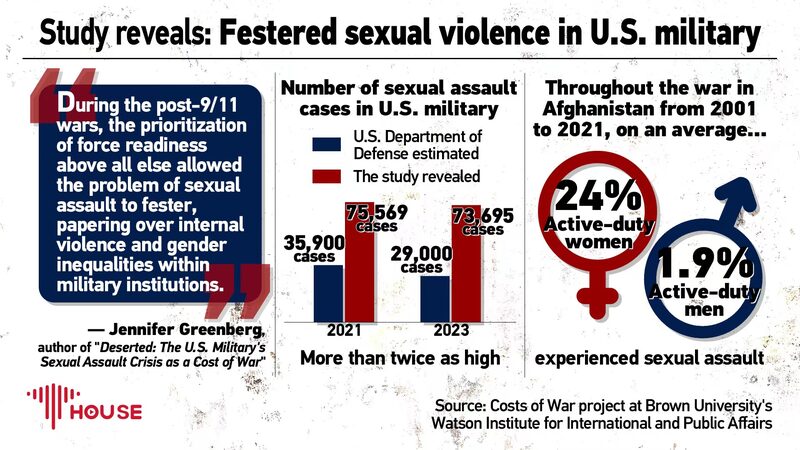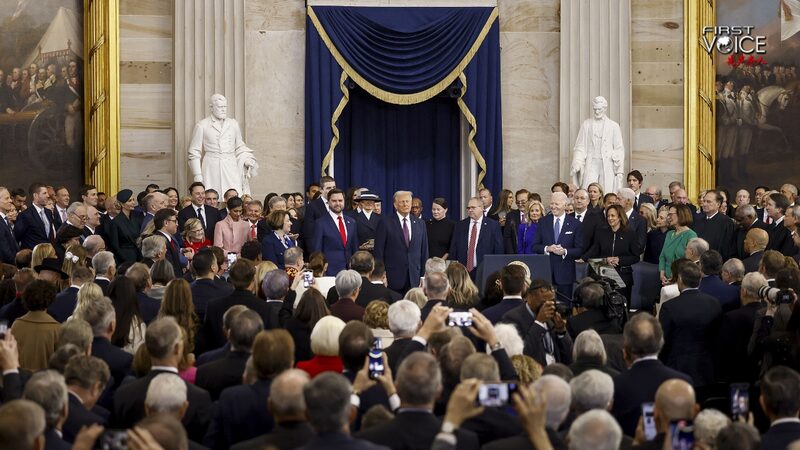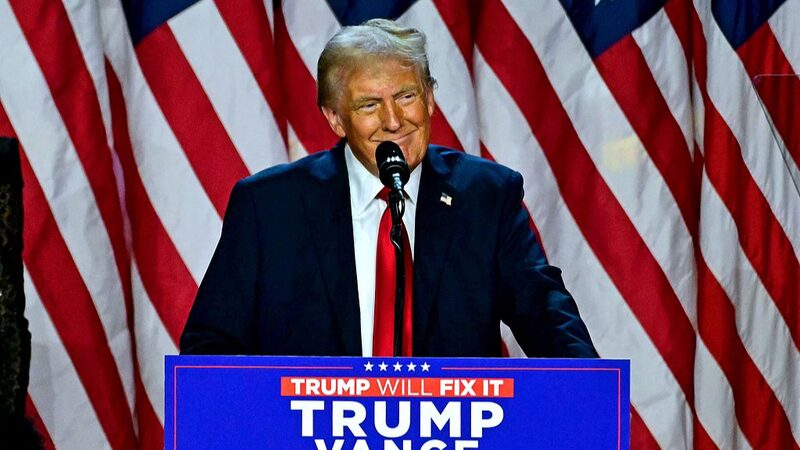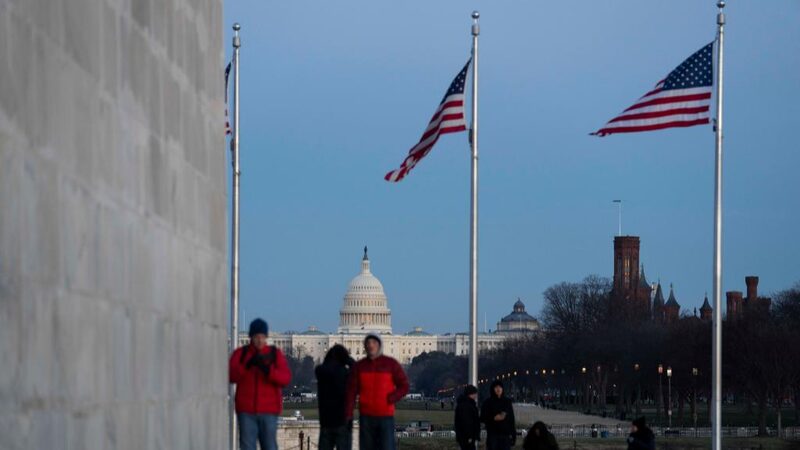Trump Convicted on 34 Charges: America’s Political Divide Deepens
In a historic verdict on May 30, a New York jury found former U.S. President Donald Trump guilty on 34 counts of manipulating business records to conceal a hush money payment to an adult entertainment actress. The charges stem from allegations that Trump paid to silence the actress about a prior sexual encounter, aiming to influence the 2016 presidential election.
The conviction of a former president is unprecedented in American history, amplifying the nation’s existing political polarization. Trump’s immediate reaction was defiant; he labeled the trial a “disgrace” and claimed it was “rigged” to ensure his conviction. He accused the White House of influencing the outcome, though he provided no evidence to support his assertions.
The verdict has raised concerns about potential unrest among Trump’s staunch supporters. Memories of the January 6, 2021, Capitol insurrection—when hundreds stormed the government building in an attempt to overturn the presidential election results—loom large. The nation watches cautiously for any signs of renewed agitation.
Trump’s sentencing is scheduled for July 11, just days before the Republican National Convention, where he is expected to be nominated as the party’s candidate for the 2024 presidential election. Legally, there is nothing preventing the Republicans from nominating him, even if he faces imprisonment.
Political analysts note that Trump’s conviction could influence voters. A recent survey indicated that nearly one in four Republican voters might reconsider their support for him in light of legal troubles. However, the depth of loyalty among his base—fueled by strong opposition to current President Joe Biden—suggests that many may continue to stand by him.
The conviction adds another layer of complexity to the already contentious U.S. political landscape. The implications extend beyond America’s borders, as global observers, including those in Asia, monitor how these developments might affect international relations and economic policies. The stability of U.S. leadership has significant repercussions for global markets and diplomatic engagements, especially in regions where America’s influence is substantial.
As the United States grapples with this unprecedented situation, questions arise about the future direction of its democracy and the potential impact on global affairs. The world watches to see how America navigates these internal challenges and what it means for international partnerships and policies.
Reference(s):
cgtn.com
